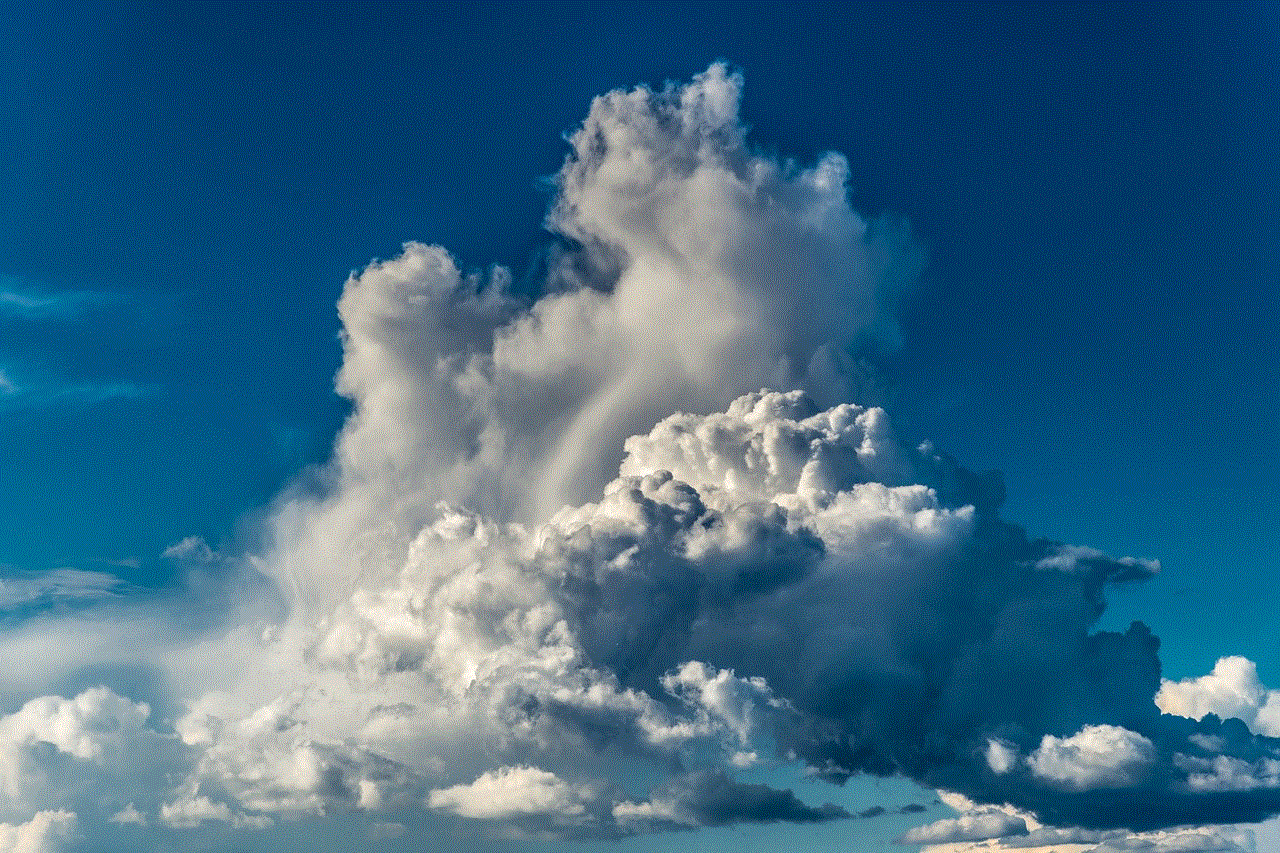you cannot browse this page because restricted
In today’s digital age, browsing the internet has become an integral part of our daily lives. From checking our emails to streaming movies and even shopping, the internet has made our lives easier and more convenient. However, with the rise of internet usage, there has also been a rise in restricted websites. These are websites that cannot be accessed by the general public due to various reasons. One of the most common reasons for a restricted website is censorship, where the government or other authorities limit access to certain content. In this article, we will delve deeper into the concept of restricted websites, the reasons behind their existence, and the implications they have on our online experience.
What is a Restricted Website?
A restricted website is a website that cannot be accessed by the general public. This can be due to various reasons such as government censorship, age restrictions, or even geographical limitations. These websites are usually blocked by internet service providers (ISPs) or network administrators. In some cases, a website may also be restricted by the website owner themselves, for example, when a website is under maintenance or undergoing a revamp.
One of the most common forms of restricted websites is censorship by the government. This is the act of deliberately limiting access to certain content or websites by a country’s government or other authorities. Censorship can be for various reasons such as political, moral, or religious beliefs. In some cases, censorship is used to protect national security or to prevent the spread of harmful or illegal content.
Reasons for Restricted Websites
As mentioned earlier, there are various reasons for a website to be restricted. Let’s take a closer look at some of the most common reasons behind the existence of restricted websites.
1. Government Censorship
As mentioned earlier, government censorship is one of the main reasons for a website to be restricted. This is often seen in countries with authoritarian regimes, where the government controls and limits access to the internet. China, for example, has one of the strictest internet censorship laws in the world, commonly known as the “Great Firewall of China.” This firewall blocks access to popular websites such as Google, Facebook , and YouTube , among others. The Chinese government justifies this censorship by stating that it is necessary to maintain social stability and protect its citizens from harmful content.
2. Age Restrictions
Another reason for a website to be restricted is due to age restrictions. This is often seen in websites that contain adult content, gambling, or alcohol-related material. These websites usually require users to verify their age before gaining access. In some cases, age restrictions may also be imposed by the website owner to ensure that their content is only accessible by a mature audience.
3. Geographical Limitations
Some websites may be restricted based on the user’s geographical location. This is often seen in streaming services such as Netflix or Hulu , where certain content is only available in specific countries. This is due to licensing agreements and copyright laws, which restrict the distribution of content to certain regions. In some cases, websites may also be restricted in specific countries due to political or cultural reasons.
4. Security Concerns
Restricted websites may also be due to security concerns. This is often seen in government or military websites that contain sensitive information. These websites are usually restricted to prevent hacking or cyber attacks. In some cases, websites may also be restricted due to malware or phishing attempts, which can compromise user’s personal information.
5. Website Maintenance or Revamp
In some cases, a website may be restricted due to maintenance or revamp. This is usually done to improve the user experience or to fix any technical issues. In such cases, the website owner may put up a “restricted” page to inform users that the website is not accessible temporarily.
Implications of Restricted Websites
The existence of restricted websites has various implications on our online experience. Let’s take a closer look at some of the most significant implications.
1. Limitation of Information
One of the most significant implications of restricted websites is the limitation of information. When a website is restricted, users cannot access its content, which may contain valuable information. This can limit our knowledge about certain topics, especially in countries with strict government censorship. It can also prevent us from getting a complete and unbiased view of current events or news.
2. Violation of Freedom of Speech and Expression
Restricted websites also violate our fundamental right to freedom of speech and expression. When a government censors certain websites or content, they are essentially limiting our ability to express ourselves freely. This can hinder the exchange of ideas and opinions and stifle critical thinking and creativity.
3. Loss of Entertainment Options
With the rise of streaming services, the restriction of websites based on geographical location has become a significant issue. This restricts users from accessing popular movies, TV shows, and other entertainment options available in other countries. This can leave users with limited entertainment options, especially in countries with strict censorship laws.
4. Erosion of Privacy
Restricted websites can also lead to the erosion of privacy. When a website is restricted, users may resort to using virtual private networks (VPNs) to access the content. While this may seem like a viable solution, it also opens up the possibility of our personal information being compromised. VPNs can also be used to track our online activities, thus compromising our privacy.



5. Limitation of Business Opportunities
Restricted websites can also limit business opportunities. When a website is restricted, businesses cannot access it, thus limiting their ability to conduct market research or advertise on the platform. This can hinder the growth and expansion of businesses, especially in countries where censorship laws are strict.
Conclusion
In conclusion, the restriction of websites has become a common practice in today’s digital age. While there may be valid reasons for a website to be restricted, it also has significant implications on our online experience. It limits our access to information, violates our freedom of speech and expression, and can even compromise our privacy. As internet users, it is crucial to understand the concept of restricted websites and its implications. We must also advocate for a free and open internet, where everyone has equal access to information and can express themselves freely without any restrictions.
facebook this webpage is not available
Facebook has become an integral part of our daily lives, connecting us with friends and family, providing a platform for businesses to reach their audience and serving as a source of news and information. However, there are times when we encounter an error message that says “this webpage is not available” while trying to access Facebook. This can be frustrating and may leave us wondering why such a popular website is not working. In this article, we will delve into the possible reasons behind this issue and explore ways to resolve it.
Before we dive into the possible causes of this error, let’s first understand what it means. When we see the message “this webpage is not available” while trying to access Facebook, it essentially means that the website is not accessible at that particular moment. This could be due to a variety of reasons, ranging from technical glitches to network issues. Let’s take a closer look at some of the common reasons that could lead to this error.
One of the most common reasons for encountering this error message is a problem with the internet connection. Facebook, like any other website, requires a stable and strong internet connection to function properly. If your internet is slow or intermittent, it could result in the webpage not being available. In such a scenario, the first step would be to check your internet connection and ensure that it is working properly. You can do this by trying to access other websites or apps and seeing if they are working. If everything else seems to be working fine, then the issue is most likely with Facebook itself.
Another reason for this error could be a problem with Facebook’s servers. Facebook has millions of users across the globe, and their servers are constantly processing a huge amount of data. Sometimes, due to the sheer volume of users, their servers may experience technical issues, resulting in the webpage not being available. In such cases, all we can do is wait for Facebook to resolve the issue on their end.
In some cases, the issue could be on our end, specifically with our device or browser. If you are trying to access Facebook on a laptop or desktop, make sure that your device is connected to the internet and that all the necessary software updates have been installed. If you are using a mobile device, ensure that you have a stable internet connection and that your device’s operating system is up to date. Additionally, clearing your browser’s cache and cookies may also help resolve the issue.
Another factor that could contribute to this error is ad blockers or security software. If you have an ad blocker or any security software installed on your device, it could be blocking Facebook from loading properly. This is because these software programs are designed to block certain scripts and codes that are used by websites to track user activity. You can try disabling these programs temporarily and see if that resolves the issue.
Apart from technical reasons, there could also be some other factors that may lead to this error message. For instance, Facebook may be undergoing maintenance, which could result in the webpage not being available for a short period of time. You can check Facebook’s official Twitter handle or their status page to see if they have announced any maintenance or downtime. Additionally, if you have been using Facebook excessively, you may have encountered this error as a result of the website’s algorithm limiting your access. In such cases, taking a break from Facebook for a while can help resolve the issue.
Sometimes, the webpage not being available could also be due to a problem with your account. If Facebook suspects any suspicious activity or violation of their policies, they may temporarily disable your account, resulting in the webpage not being available. If you suspect this to be the case, you can try reaching out to Facebook’s support team for assistance.
Moreover, the error message could also be a result of incorrect login credentials. If you have recently changed your password or your account has been compromised, you may encounter this error while trying to access Facebook. In such cases, resetting your password or securing your account may resolve the issue.
In conclusion, the error message “this webpage is not available” while trying to access Facebook can be caused by a variety of reasons ranging from technical issues with the website to problems with our device or account. If you encounter this error, the first step would be to check your internet connection and device settings. If everything seems to be in order, then the issue is most likely on Facebook’s end, and all we can do is wait for them to resolve it. In the meantime, you can also try accessing Facebook from a different device or browser to see if that helps. Facebook has become an integral part of our lives, and encountering this error can be frustrating, but with a little patience and troubleshooting, we can get back to scrolling through our newsfeed and connecting with our loved ones in no time.



on twitter
Twitter is a social media platform that has taken the world by storm since its launch in 2006. It allows users to share short messages, called tweets, of up to 280 characters. With over 330 million monthly active users, Twitter has become a powerful tool for communication, news, and marketing. From breaking news to viral memes, Twitter has become an integral part of our daily lives. In this article, we will explore the history, features, and impact of Twitter on society.
History of Twitter
Twitter was founded in 2006 by Jack Dorsey, Evan Williams, Biz Stone, and Noah Glass. Initially, it was meant to be a platform for microblogging, where users could post short updates about their daily lives. The founders came up with the name “Twitter” because it was a short burst of inconsequential information, just like the chirping of birds. The platform was officially launched in July 2006, and by the end of the year, it had 100,000 users.
In 2007, Twitter gained media attention during the South by Southwest (SXSW) Interactive conference. This was the first time that Twitter was used as a tool for live updates and communication during an event. This event marked the beginning of Twitter’s popularity and exponential growth. By 2009, Twitter had over 50 million tweets per day, and celebrities and politicians started joining the platform. Twitter had become a powerful medium for communication and a way for people to connect with their favorite celebrities.
Features of Twitter
Twitter’s main feature is its 280-character limit per tweet. This limit forces users to be concise and creative with their messages. It also allows for quick and easy sharing of information, making it a popular platform for breaking news. Twitter also has a feature called “hashtags,” which is a word or phrase preceded by the “#” symbol. Hashtags allow users to categorize their tweets and make them more discoverable. For example, during the 2016 U.S. presidential election, the hashtag #Election2016 was used by millions of users to discuss the election.
Another feature of Twitter is the “retweet” function, which allows users to share a tweet from someone else on their own timeline. This feature has made it easier for information to go viral on the platform. Twitter also has a “like” button, similar to other social media platforms, which allows users to show their appreciation for a tweet without having to retweet it. In 2017, Twitter introduced the “threads” feature, which allows users to connect multiple tweets into one long thread, making it easier to tell a story or share a longer message.
Impact of Twitter on Society
Twitter has had a significant impact on society, especially in the areas of communication, news, and marketing. With its real-time updates and quick dissemination of information, Twitter has become a go-to platform for breaking news. From natural disasters to political events, Twitter has played a crucial role in keeping people informed and connected to what’s happening around the world. Due to its popularity, many news outlets and journalists now use Twitter to share their stories and engage with their audience.
In recent years, Twitter has also become a platform for activism and social change. The hashtag #BlackLivesMatter was first used on Twitter in 2013, and it has since become a global movement against racial injustice. Twitter has also been used to organize protests, share resources and information, and hold people accountable for their actions. In 2017, the hashtag #MeToo went viral on Twitter, sparking a global conversation about sexual harassment and assault. The power of Twitter to amplify voices and bring attention to important social issues cannot be ignored.
When it comes to marketing, Twitter has become an essential tool for businesses and brands. With its vast user base and ability to target specific demographics, Twitter has become a popular platform for advertising and promoting products and services. Many businesses have also used Twitter to provide customer service and engage with their customers in real-time. Twitter has also become a valuable tool for influencers and content creators to reach a wider audience and collaborate with brands.
However, Twitter has also faced its fair share of controversies and challenges. The platform has been criticized for not doing enough to combat hate speech, harassment, and misinformation. Twitter has also been accused of promoting echo chambers and polarizing political opinions. The platform has been working on implementing measures to address these issues, such as banning hate speech and fact-checking certain tweets. Despite these challenges, Twitter remains a powerful platform for communication and has undoubtedly made a significant impact on society.
Conclusion



In conclusion, Twitter has revolutionized the way we communicate, consume news, and market products. From its humble beginnings as a microblogging platform to becoming a global phenomenon, Twitter has had a profound impact on society. Its features, such as the 280-character limit, hashtags, and retweets, have made it a unique and powerful tool for sharing information and engaging with others. While it has faced criticism and challenges, Twitter continues to be a driving force in shaping our world and connecting people from all walks of life. As the platform continues to evolve, it will be interesting to see how it will continue to influence our lives in the future.
